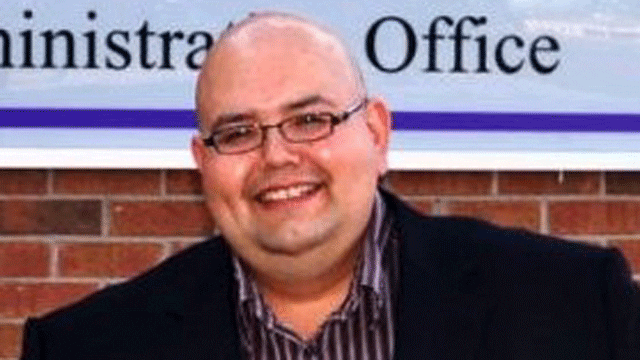
On March 11, the World Health Oganization declared the COVID-19 outbreak a pandemic. APTN News is reporting from across the country on the viral outbreak and how it is impacting Indigenous communities. For more information click here: COVID-19
Ontario Premier Doug Ford announced a state of emergency in response to the COVID-19 pandemic Tuesday morning – and the province’s First Nations are expected to do the same.
“This order will come into effect immediately,” Ford said at a news conference.
Six Nations of the Grand River near Hamilton, Ont., declared a state of emergency last week and Joel Abram, grand chief of the Association of Iroquois and Allied Indians (AIAI), believes many more are about to.
“Ontario has a state of emergency now so I expect most First Nations to follow suit,” said Abram.
Abram said it will make it easier to get funding from Indigenous Services Canada (ISC), something AIAI and its seven member nations in southern Ontario, have been working on.
“That’s something we’re still working out the details on with ISC. Particularly on the medical support side of the equation. And if communities declare a state of emergency, what kind of reimbursement will they get for expenses related to the pandemic, etc. So everything is still fluid at the moment,” said Abram.
So far, he said support from the federal government has been in the form of tents and masks.
“They’re supposed to be distributing isolation tents, masks, etc. Health centres have a green light to start distribution of disinfectant, etc., to households. Most administrations are going to work from home with the exception of essential services,” said Abram.
Read more:
As for the provincial state of emergency the following establishments will be closed until March 31: facilities providing indoor recreational programs, libraries, private schools, licensed child care centres, bars, restaurants (except for takeout), cinemas, and theatres.
Some essential services such as grocery stores, convenience stores, manufacturing facilities, public transit, important public services, construction sites, and office buildings will stay open.
“This is not a provincial shutdown,” Ford added.
Ontario is now the second province to declare a state of emergency. Prince Edward Island declared a public health emergency on Monday.
You can find more information from the Ontario government here.
Ford also announced the “first stage” of a COVID-19 emergency relief package. The premier said there is $300-million committed – $200-million from the federal government and a $100-million contingency fund – to help fight the infectious virus.
This fund includes money for doctors in Indigenous communities.
“We’re also providing funds for 50 physicians to cover emergency departments, urgent care, and primary care in Indigenous, northern, rural, and remote communities,” Ford told reporters.
“We listened to the frontline workers, and this surge funding will back them up in the fight against COVID-19.”
ISC also committed to prepare a “surge capacity response” plan.
Some remote, isolated, and fly-in communities only have health centres staffed by nurses and not hospitals staffed by doctors. This could lead to disruptions in healthcare service delivery if the novel coronavirus infects healthcare providers in these communities.
The money will also be used to set up 75 more critical care beds in hospitals and 500 post-acute care beds, as well as to help hospitals set up 25 more COVID-19 assessment centres.
He said the province is purchasing more personal protective equipment like masks, gloves, surgical gowns for front-line health workers, and ventilators.
There will also be more money for long-term care homes for additional staffing and infection control measures, and a fund is being set up to provide respite care and child-care services for front-line workers in COVID-19 assessment centres.
Ontario had 177 confirmed cases on Monday. By Tuesday at 10:30 a.m. ET, that number rose to 185.










